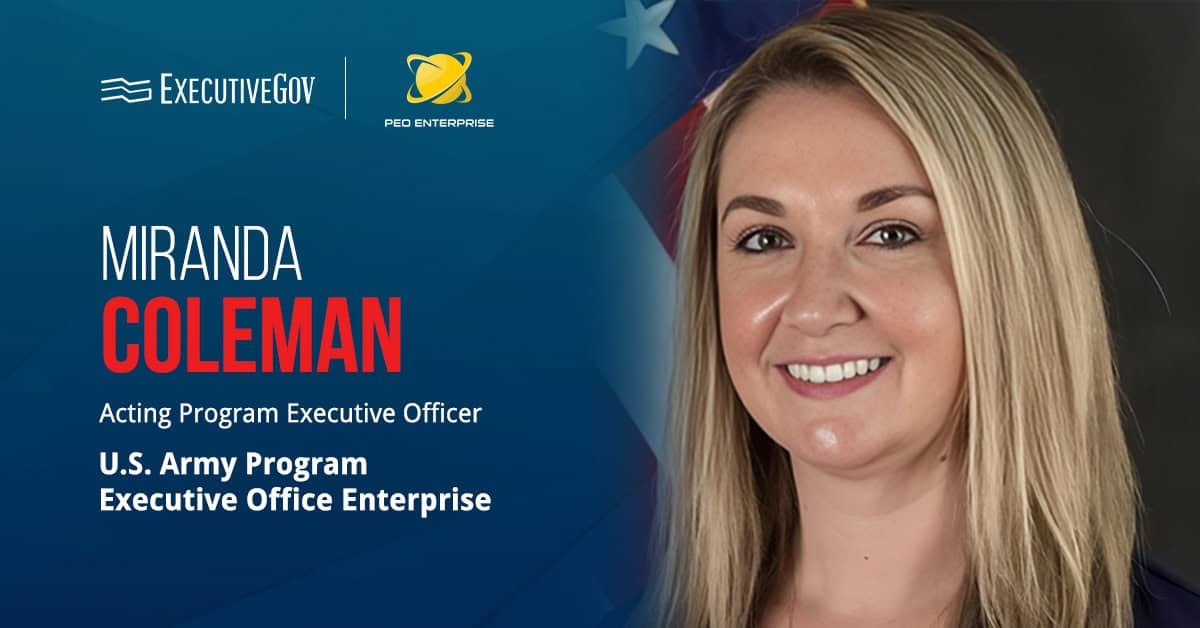Lt. Gen. Jim Slife, who leads Air Force Special Operations Command (AFSOC), said his organization will have to reduce its anti-terrorism missions or distribute some of the load to other forces within the U.S. military, National Defense News reported Tuesday.
Slife said the command will need to undergo this change due to an environmental shift in national security. This change would also require AFSOC to strengthen bonds with the U.S. Air Force.
He said some of AFSOC's operations over the past two decades use capabilities that are not exclusive to the command and thus, can be taken over by other U.S. defense groups.
“We’re not the only people that do these things, but we’ve taken them on because maybe it was easier to do it for ourselves,” Slife stated.





